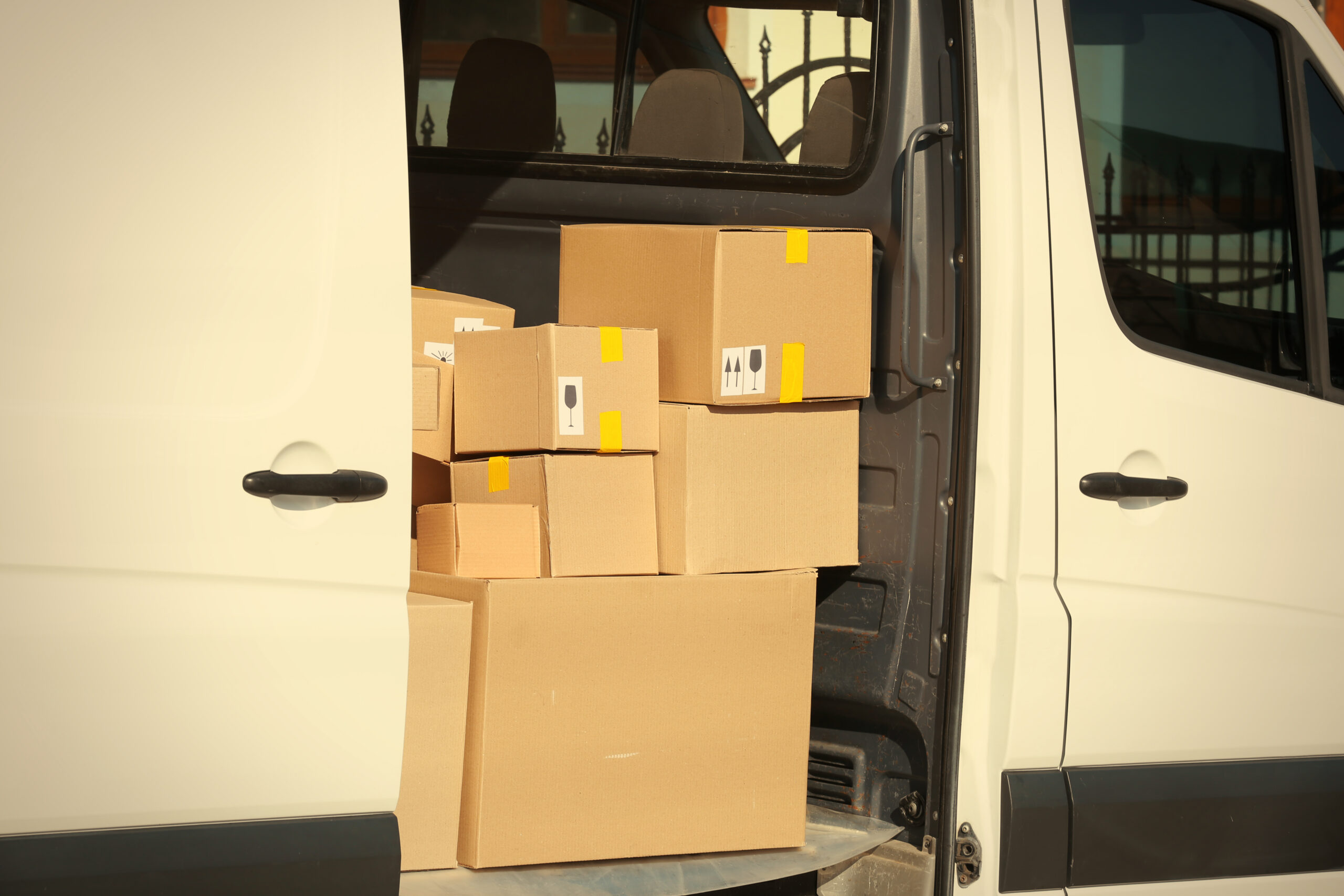A new report has found that rising wages, higher energy and fuel costs are forcing online retailers to hike delivery charges, a trend set to continue in H2 since price inflation is still ahead of pay.
Bloomberg Intelligence’s report noted that the inherent labour intensity of a delivery-to-home model is evident as Inditex’s Zara and Boohoo introduced fees for returning merchandise, while Zalando imposed a minimum-order value in every country. Amazon.com boosted Prime membership fees across Europe by as much as 43% on top of surcharges for vendors.
Higher price-sensitivity of shoppers online, where bargain hunting is easier, means consumers prefer to return to stores rather than pay additional costs for delivery or returns, the report stated.
H&M, Next and Inditex, which have stores as well as online, are building an advantage as consumers use less costly Click & Collect to purchase and return goods.
Tatiana Lisitsina, retail analyst at Bloomberg Intelligence, commented: “The structurally higher cost of ecommerce is putting online-only retailers Asos, Boohoo and Zalando at a disadvantage vs. store-based peers. Even as energy and freight costs ease, merchandise-return rates remain elevated while labour costs continue rising, hurting margin. Inditex’s and Boohoo’s introduction of return charges, Zalando’s minimum order value suggest reduced competitiveness for online-only players.”
Furthermore, escalating wages for delivery drivers, led by inflation and labour shortages in the niche, may pressure online retailers such as Ocado and Zalando to increase charges for the service. Zalando expanded the minimum-order value to more markets. Amazon raised its Prime fees in the UK. Asos removed free delivery in Poland and reviewed pricing in the US. Tesco, Sainsbury, Aldi and Asda, after multiple wage hikes, announced wage increases of 7-13% this year. Amazon’s 10% pay increase for warehouse workers in the UK triggered strikes. About You and Asos flagged cost headwinds from wage inflation in fulfilment in their May releases.
Retailers with stores – including H&M, Next and Inditex – could build an advantage as consumers use less costly click-and-collect options to purchase and return goods, according to the report.
Lisitsina, continued: “Higher energy prices are raising the cost of last mile delivery for e-tailers, increasing pressure to raise prices or take a margin hit. The cost of last-mile delivery to shoppers’ homes is about 10-15% of sales for online pure players vs. the single-digit delivery cost to store-based peers’ locations. Zalando is able to pass on the fuel-price surcharges to its partner brands, which is possibly an advantage to own-brand fashion retailers Boohoo and Asos.”
THG cut the cost of last mile delivery with localised courier networks and automated warehouses. Allegro has invested in delivery speed and convenience with own-parcel lockers. Automation reduces labour costs but raises capital intensity. Boohoo’s new US distribution centre is expected to reduce fulfilment costs with scale over time, offset by higher freight and duty.









